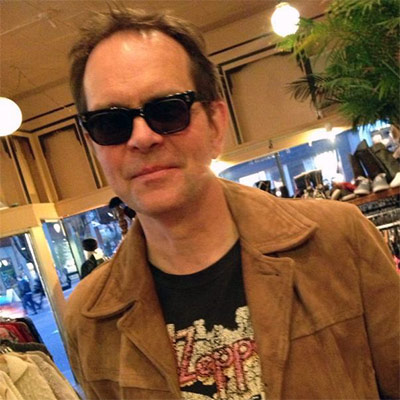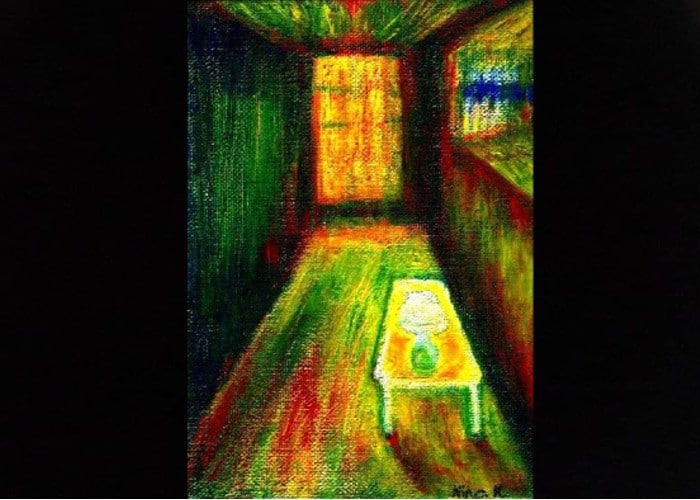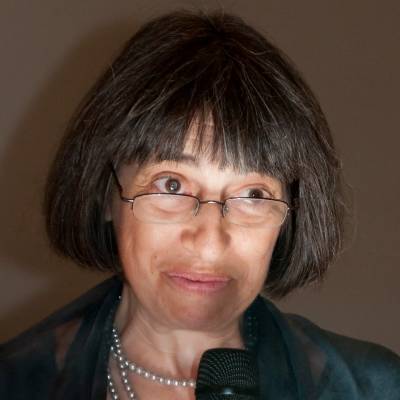About the Author:

Wayne Pernu
Portland, OR, US
Wayne Pernu is an American poet who grew up in Minnesota and now lives in Portland, Oregon.

I’ve checked out of my old life
and into a new
with a first-of the-month stipend
and a room with a view.
A one-room in Finntown
on the second floor
with a cubical fridge
and a sign on the door.
A self-contained kingdom,
a rarified hovel,
no shower to fix
or sidewalk to shovel.
Just a bed and a table
and a weekly let,
an ashtray and a remote
for the television set.
A blind for the window
when the cold morning’s break
but a clear view of the sunset
over Bailey’s lake.
Whole days for drinking
while the counsels convene
and never once thinking
what I might have been.
~ ~ ~
ВОЗРАЩЕНИЕ В ФИННТАУН
Выписался из жизни старой,
И в новую прописался,
комната с видом, пособие даром,
остальное меня не касается.
В Финнтауне комната целая
на втором этаже,
куб холодильника белый,
на двери табличка уже.
Чем не царство и благодать,
редкостная дыра,
Нет ванной – нечего починять,
Снег не сгребаю с утра.
Кровать, стол, стул,
просто, зато не тесно,
телевизионный пульт
достаю, не вставая с места.
Скрывая рассвет холодный,
на окнax шторы висят,
а вечером, вход свободный –
над озером Бейли закат.
Пока соц. работникам судьбы решать,
могу пить, хоть целый день,
а кем я мог бы в той жизни стать
мне даже и думать лень.
Translated into Russian by Marina Eskin

Wayne Pernu is an American poet who grew up in Minnesota and now lives in Portland, Oregon.

Marina Eskin was born in Leningrad (St. Petersburg). She is a physicist by training. Marina is the author of four books of poetry in Russian, her texts and translations appear in various print and online publications. She is a member of the editorial board of “Interpoesia” journal.
This excellent anthology, compiled and edited by Julia Nemirovskaya, showcases poems by Russian (and Russian-speaking) poets who express their absolute rejection of Russia’s war against Ukraine.
The documentary novel “The Tenth Circle” tells the story of the life, struggle, and destruction of the Minsk ghetto, one of the largest in the Soviet Union and Europe during World War II. (Russian edition)
This collection focuses on the war between Russia and Ukraine as seen by Russophone poets from all over the world.